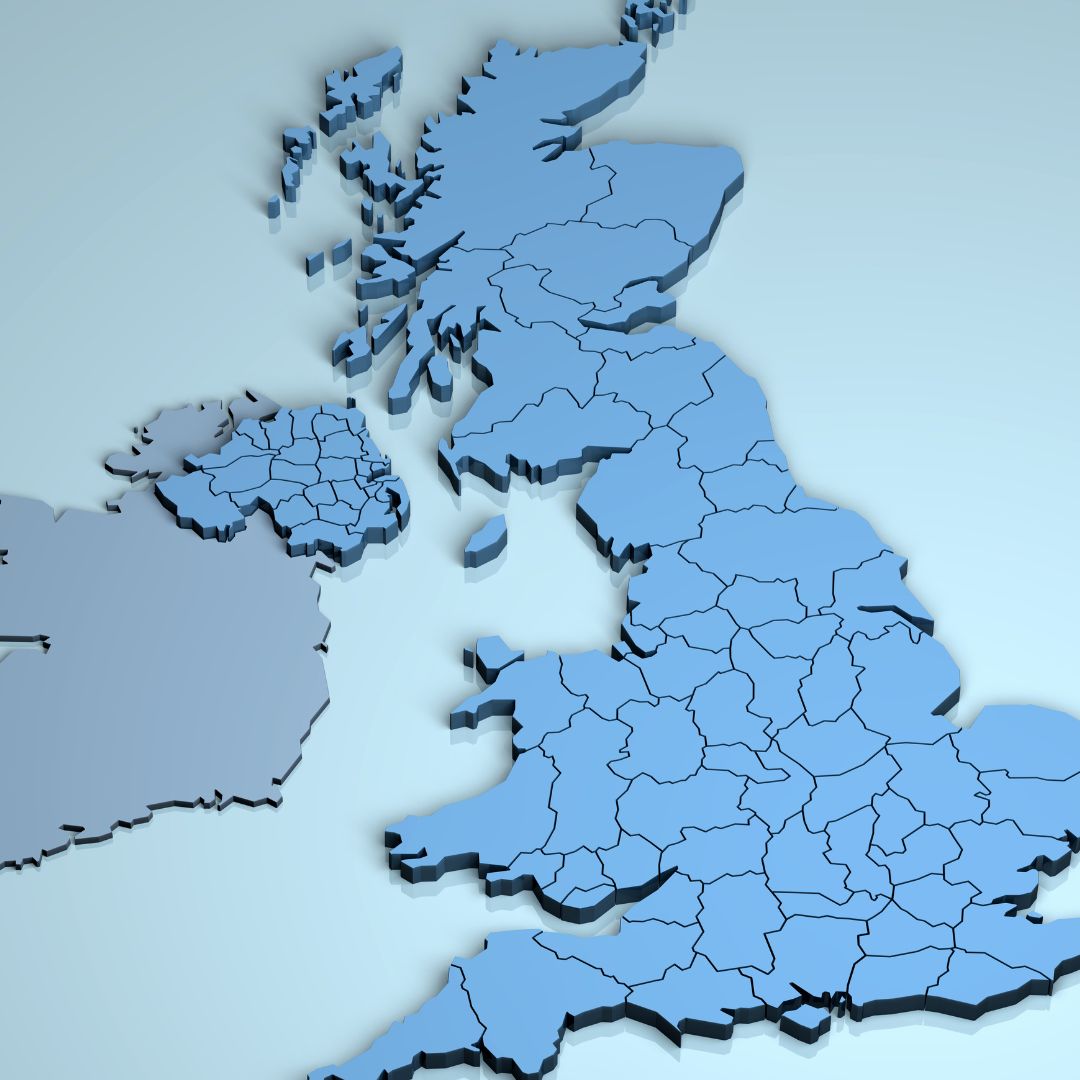-
 03, March, 2024
03, March, 2024Is confidence in the UK Property Market increasing in 2024?
After a turbulent number of years post-pandemic, the UK property market is beginning to show…
-
 09, September, 2023
09, September, 2023Myth-Busting Fast House Selling Companies
There are many quick house sale myths out there, which can make selling your home…
Latest Blogs:
-
 04,April, 2024
04,April, 2024Expert Guide for First-Time Property Buyers
Buying your first home is a significant milestone, but the process can seem overwhelming. To help guide…
-
 03,March, 2024
03,March, 2024Tips to increase the value of your home
If you are looking to sell your house in 2024 or add value for the future, we…
-
 03,March, 2024
03,March, 2024Is confidence in the UK Property Market increasing in 2024?
After a turbulent number of years post-pandemic, the UK property market is beginning to show trends of…
-
 09,September, 2023
09,September, 2023Myth-Busting Fast House Selling Companies
There are many quick house sale myths out there, which can make selling your home a complex…
-
 06,June, 2023
06,June, 2023House Prices Across the Country: What is the Outlook Over the Coming Years?
After a year full of ups and downs, uncertainty and economic turmoil as well as rising inflation, it…